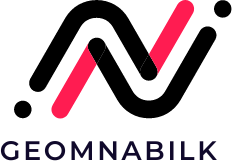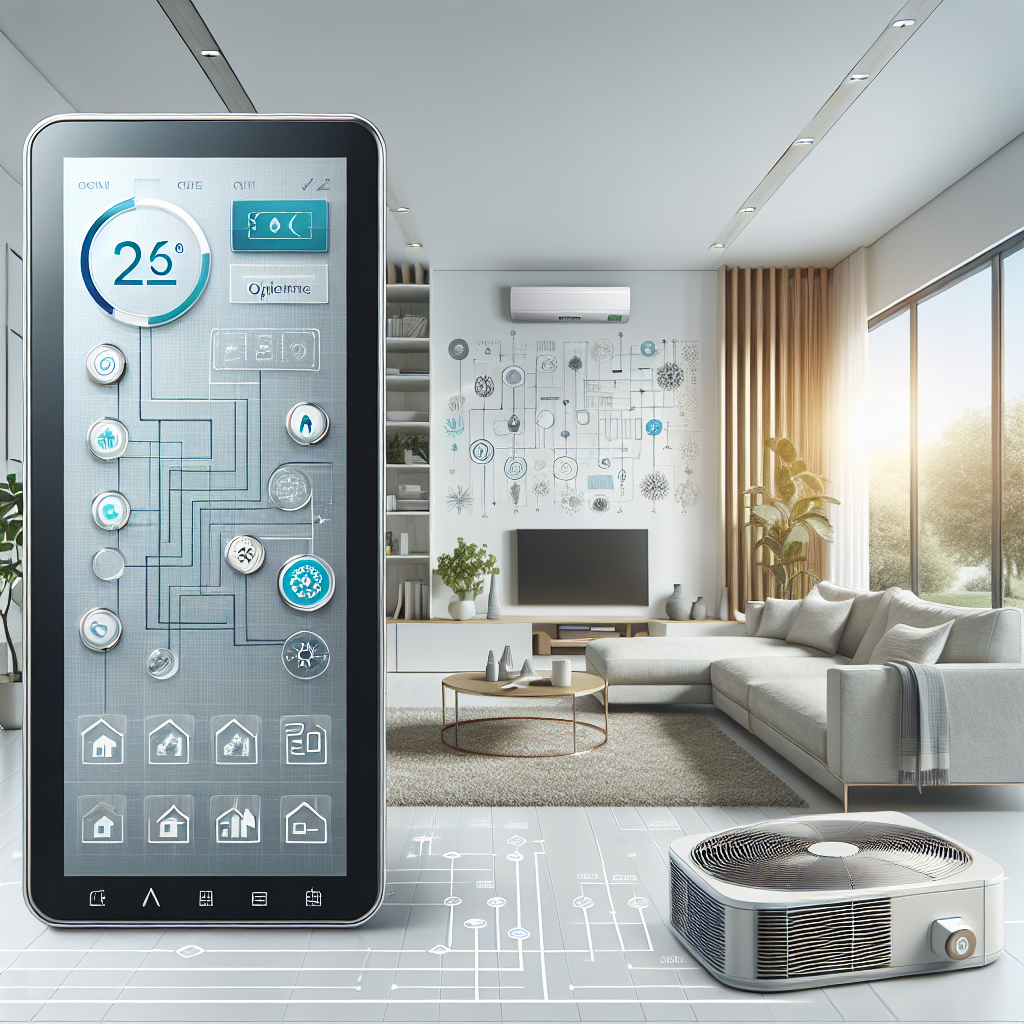Heating, ventilating, and air conditioning (HVAC) systems are essential for maintaining a comfortable and healthy indoor environment. However, these systems can consume a significant amount of energy, leading to high utility bills and unnecessary strain on the environment. As a homeowner, it is important to optimize your HVAC system to ensure efficient operation and cost savings. In this article, we will discuss smart solutions for optimizing your HVAC system.
The first tip for optimizing your HVAC system is to invest in a programmable thermostat. Programmable thermostats allow you to set specific temperature settings for different times of the day, ensuring that your system is not running unnecessarily. By programming your thermostat to lower the temperature during the night or when you are away from home, you can save on energy costs without sacrificing comfort.
Another smart solution for HVAC optimization is to regularly clean and replace air filters. Dirty air filters can restrict airflow and reduce the efficiency of your system, leading to increased energy consumption and potential damage to your HVAC equipment. By cleaning or replacing your air filters every one to three months, you can improve the performance of your system and prolong its lifespan.
In addition to maintaining your HVAC system, it is important to properly seal and insulate your home to prevent air leaks and reduce energy loss. Caulking and weatherstripping around windows and doors, as well as insulating attics and walls, can help to keep your home comfortable and reduce the workload on your HVAC system. By sealing leaks and adding insulation, you can improve the overall efficiency of your system and lower your energy bills.
One of the most effective ways to optimize your HVAC system is to schedule regular maintenance with a qualified technician. Professional maintenance services can include cleaning and adjusting components, checking for leaks and refrigerant levels, and ensuring that your system is operating at peak efficiency. By investing in regular maintenance, you can prevent costly repairs and extend the lifespan of your HVAC equipment.
In addition to regular maintenance, you may also want to consider upgrading to a more energy-efficient HVAC system. Energy Star certified products are designed to meet strict energy efficiency guidelines set by the Environmental Protection Agency, and can help to reduce your energy costs and environmental footprint. If your current system is outdated or inefficient, upgrading to a newer model can provide significant savings in the long run.
For homeowners looking to further optimize their HVAC system, smart technology offers a range of options for increased control and efficiency. Smart thermostats, for example, allow you to monitor and adjust your home’s temperature remotely using a smartphone or tablet. This can help you to optimize your HVAC system based on your schedule and preferences, leading to increased comfort and cost savings.
In conclusion, optimizing your HVAC system is essential for maintaining a comfortable and energy-efficient home. By following the tips outlined in this article, homeowners can reduce their energy costs, improve system performance, and contribute to a more sustainable environment. Investing in programmable thermostats, regular maintenance, proper insulation, and energy-efficient equipment can all help to ensure that your HVAC system is operating at its best. By taking a proactive approach to HVAC optimization, homeowners can enjoy a more comfortable and cost-effective living space for years to come.




